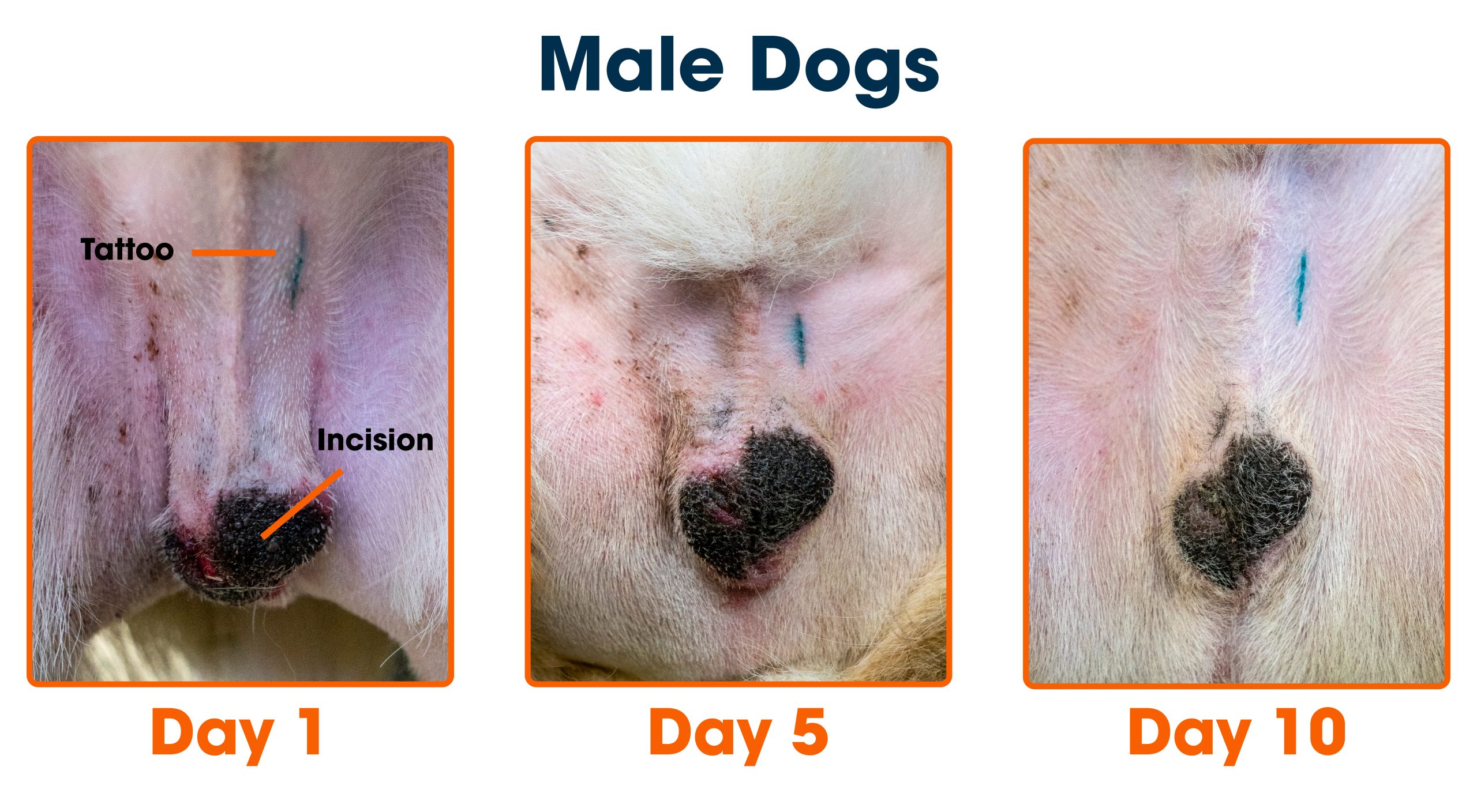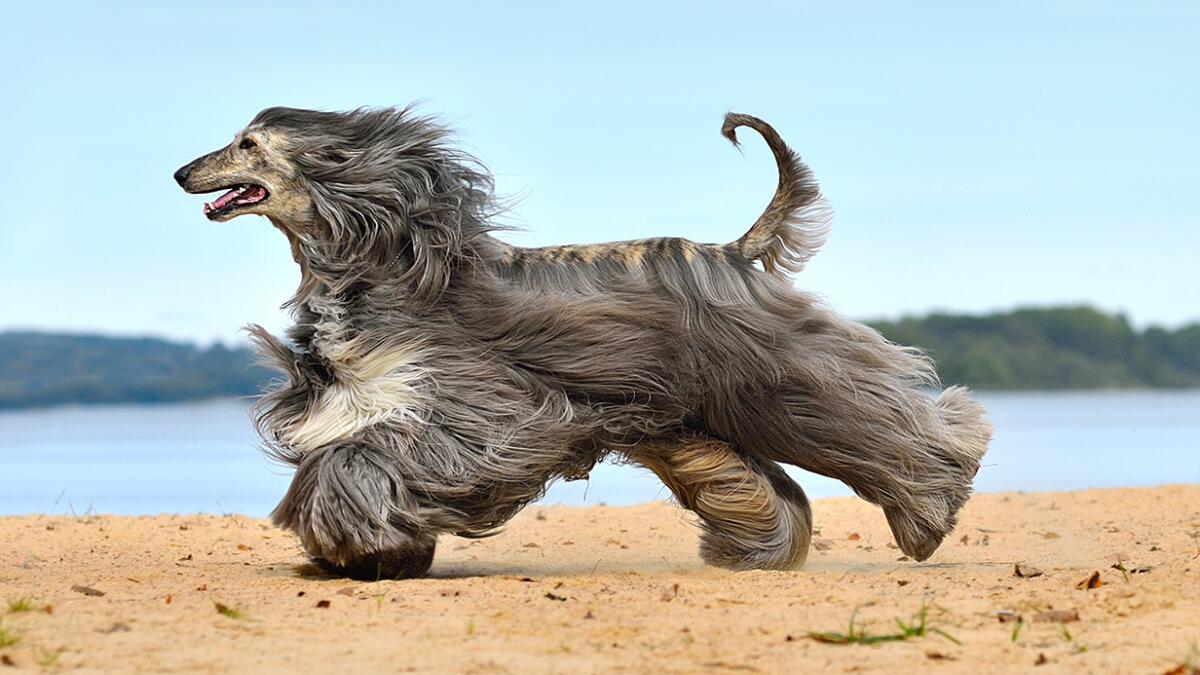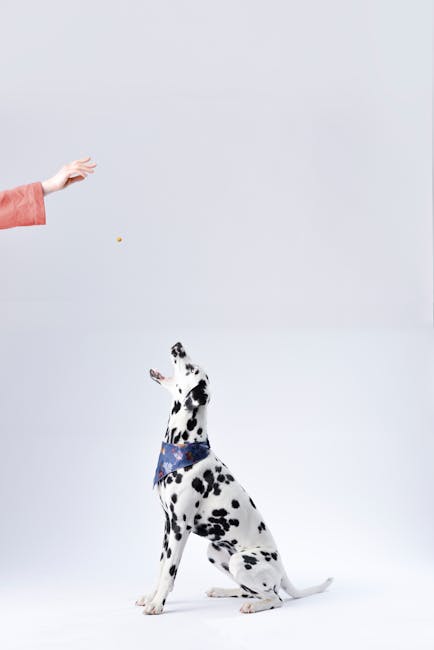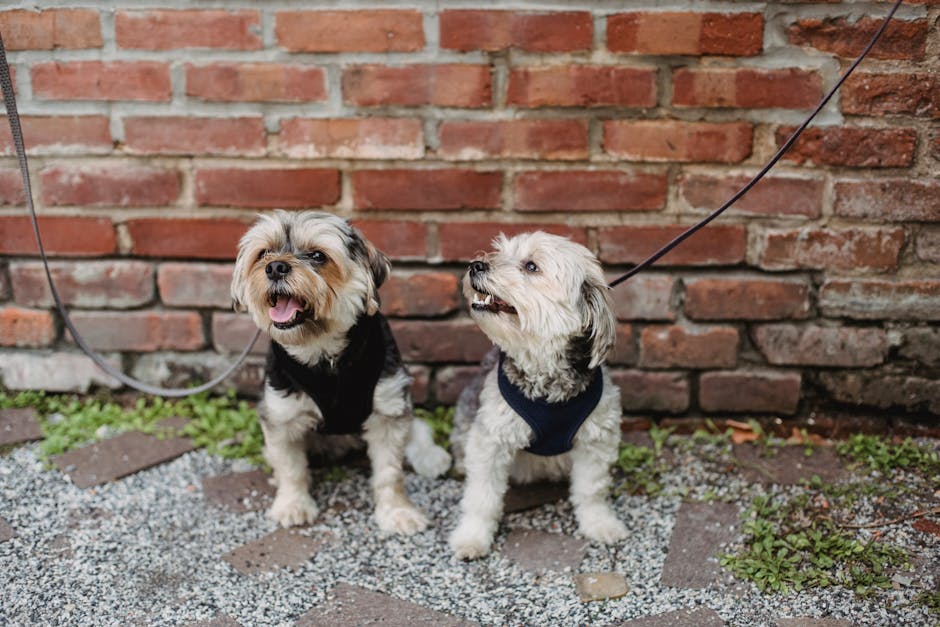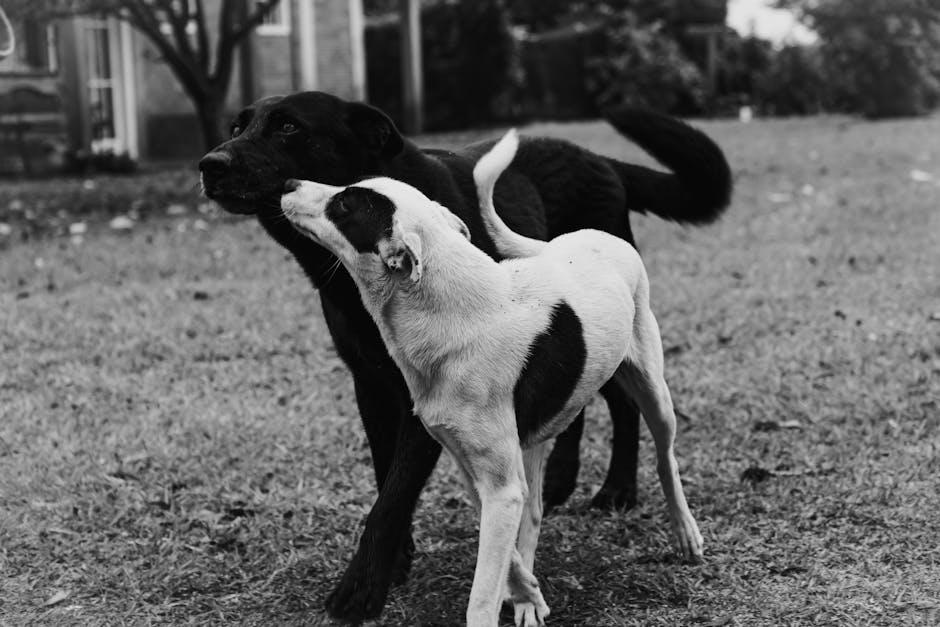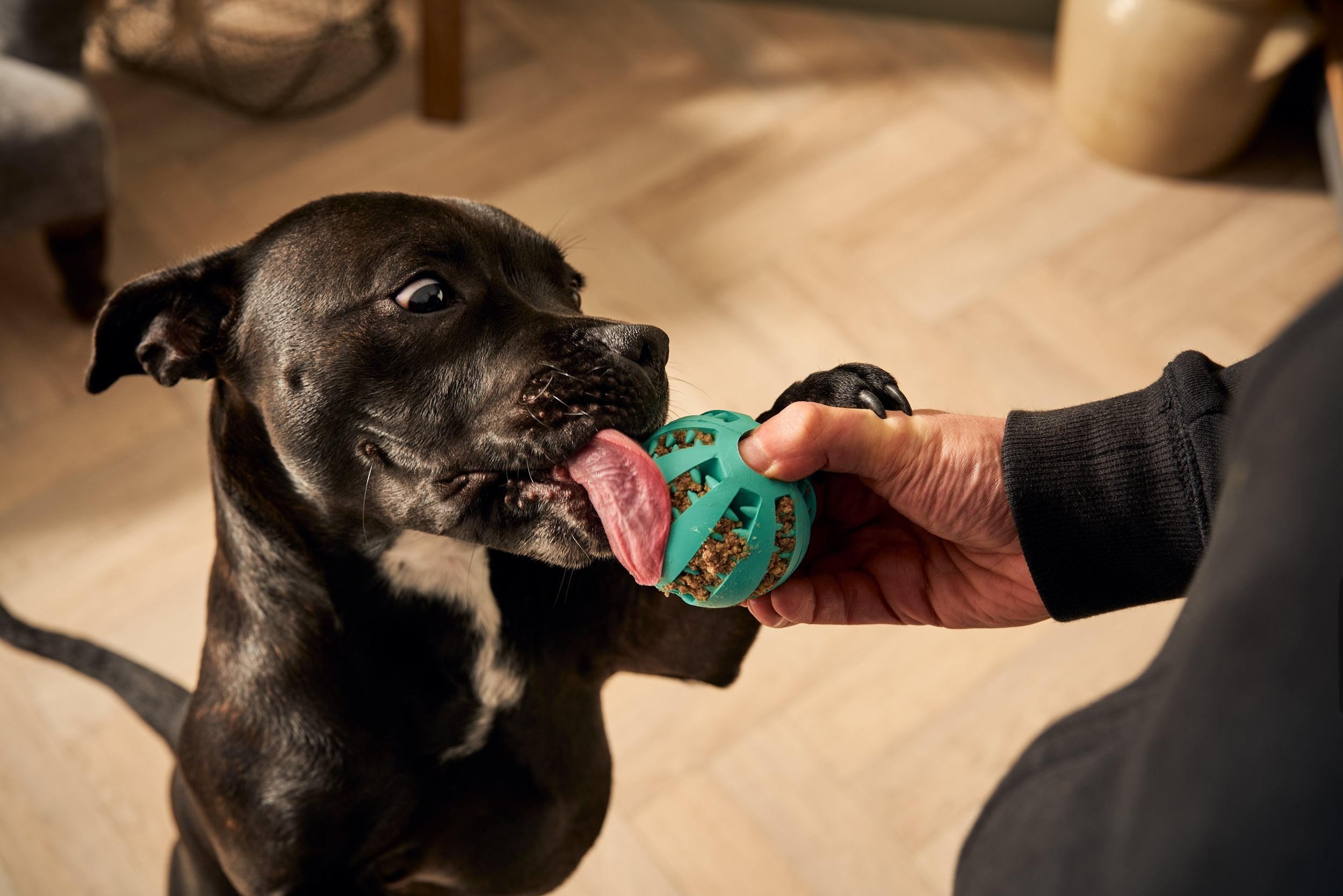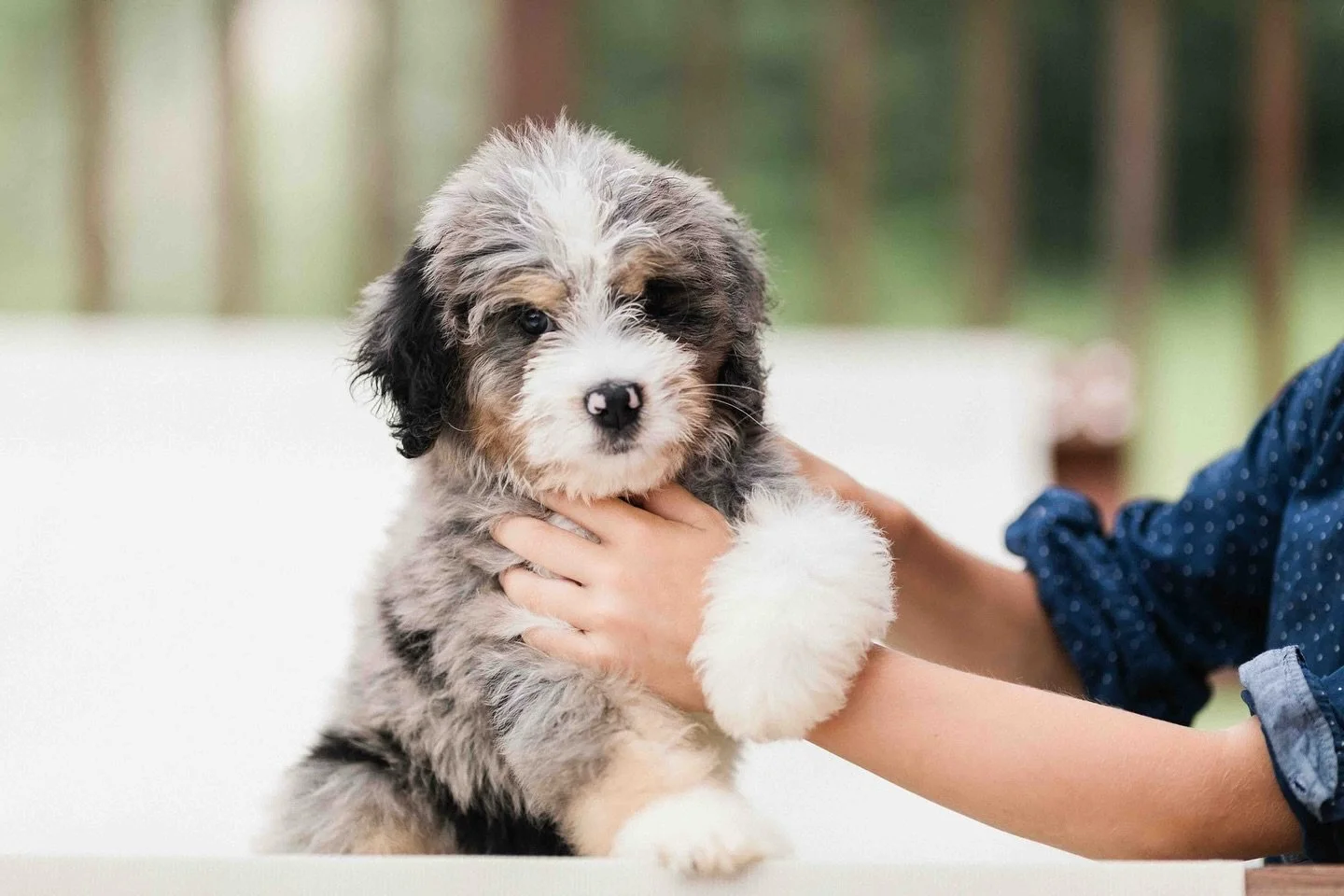Are you looking for a furry friend but worry about allergies? Finding a small hypoallergenic dog could be the perfect solution for you.
These dogs are known for causing fewer allergy problems, making it easier for you to enjoy their company without sneezing or discomfort. You’ll discover the best small hypoallergenic breeds that fit your lifestyle and bring joy to your home. Keep reading to find your ideal pet match and learn what makes these dogs stand out from the rest.
Traits Of Small Hypoallergenic Dogs
Small hypoallergenic dogs are great for people with allergies. They are easy to care for and live well in small spaces.
These dogs have special traits that reduce allergy problems. Understanding these traits helps you choose the right pet.
Size And Temperament
Small hypoallergenic dogs usually weigh under 20 pounds. Their size makes them good for apartments and small homes.
They often have friendly and gentle temperaments. Many are playful but calm, making them good companions for families.
- Weigh less than 20 pounds
- Fit well in small living spaces
- Friendly and gentle behavior
- Playful but calm nature
- Good with children and adults
Allergy-friendly Features
Hypoallergenic dogs shed less fur and dander. This lowers the chance of allergy symptoms in people.
Many have hair that grows continuously, like human hair. This hair traps dander and keeps it from spreading.
- Minimal shedding reduces allergens
- Hair grows continuously, trapping dander
- Some breeds have curly or wavy coats
- Regular grooming helps control allergens
- Good for people with mild to moderate allergies

Credit: www.goodrx.com
Top Small Hypoallergenic Breeds
Many people want small dogs that do not cause allergies. Hypoallergenic dogs shed less and release fewer allergens.
This list shows the best small hypoallergenic dog breeds. Each has unique traits that suit different lifestyles.
Bichon Frise
The Bichon Frise is a cheerful and friendly dog. Its curly coat does not shed much, making it good for allergy sufferers.
This breed loves to play and is good with families. Regular grooming keeps its coat healthy and clean.
Maltese
The Maltese is a small dog with a long white coat. It sheds very little and is gentle with people.
They enjoy being lap dogs and are easy to train. Their coat needs regular brushing to avoid tangles.
Shih Tzu
Shih Tzus have a soft, dense coat that sheds very little. They are affectionate and do well indoors.
This breed needs daily grooming to keep their coat smooth and clean. They fit well in small homes.
Poodle
Poodles come in toy and miniature sizes that are ideal for small spaces. Their curly hair is low-shedding.
They are smart and easy to train. Poodles need regular grooming to prevent matting.
Yorkshire Terrier
Yorkshire Terriers have silky hair that sheds very little. They are lively and brave despite their small size.
This breed requires daily brushing to keep its coat shiny and tangle-free. They adapt well to apartment living.
Havanese
The Havanese has a soft, wavy coat that does not shed much. They are friendly and enjoy social time.
Regular grooming is important to prevent mats. Havanese dogs do well with children and other pets.
Chinese Crested
Chinese Cresteds have hairless and coated varieties. The hairless type sheds almost nothing, good for allergies.
They are playful and alert dogs. The coated type needs regular grooming to stay healthy.
Care Tips For Hypoallergenic Dogs
Small hypoallergenic dogs need special care to stay healthy and happy. Their coats require attention to reduce allergens.
Proper grooming, health checks, and exercise keep these dogs comfortable and active.
Grooming Essentials
Hypoallergenic dogs often have hair that grows continuously. Regular grooming stops mats and tangles.
Bathing helps remove dander and keeps their skin clean. Use gentle shampoos made for dogs.
- Brush their coat at least 3 times a week
- Trim hair every 6-8 weeks
- Clean ears weekly to avoid infections
- Trim nails regularly to prevent discomfort
- Use dog-safe shampoo during baths
Health Considerations
Hypoallergenic dogs can still face health issues. Regular vet visits help catch problems early.
Watch for signs like itchy skin or sneezing. These may mean allergies or other issues.
- Schedule annual health exams
- Keep vaccinations up to date
- Monitor for allergies and skin problems
- Feed a balanced diet suited for small dogs
- Provide fresh water daily
Exercise Needs
Small hypoallergenic dogs need daily exercise to stay fit. Short walks and playtime work well.
Exercise helps with weight control and mental stimulation. Avoid over-exercising young puppies.
- Take two short walks each day
- Play with toys indoors or in the yard
- Use gentle games to avoid injury
- Provide safe spaces for rest after exercise

Credit: www.nylabone.com
Choosing The Right Breed For You
Finding the best small hypoallergenic dog means thinking about your needs. These dogs cause fewer allergy problems.
Choosing the right breed helps you enjoy your new pet without stress. Consider your lifestyle, allergies, and home.
Lifestyle Compatibility
Each dog breed has its own energy and personality. Pick a dog that matches your daily routine.
Some small hypoallergenic dogs need lots of playtime and exercise. Others like calm and quiet days.
- Active breeds need more walks and play
- Calm breeds prefer short walks and rest
- Consider your work hours and free time
- Think about who else lives with you
Allergy Management
Hypoallergenic dogs shed less hair and dander. This helps reduce allergy symptoms.
Regular grooming keeps your dog clean and lowers allergens. Choose breeds known for allergy-friendly coats.
- Poodles have curly, low-shedding fur
- Bichon Frise dogs are soft and less allergenic
- Maltese dogs have hair that grows like humans
- Yorkshire Terriers shed very little
Living Space Factors
Your home size affects which dog fits best. Small dogs need less space but still need room to move.
Apartments or small homes work well with small breeds. These dogs adapt better to limited indoor space.
- Check if your building allows pets
- Think about noise levels your dog may create
- Provide toys and a cozy bed for comfort
- Plan safe outdoor time or walks daily
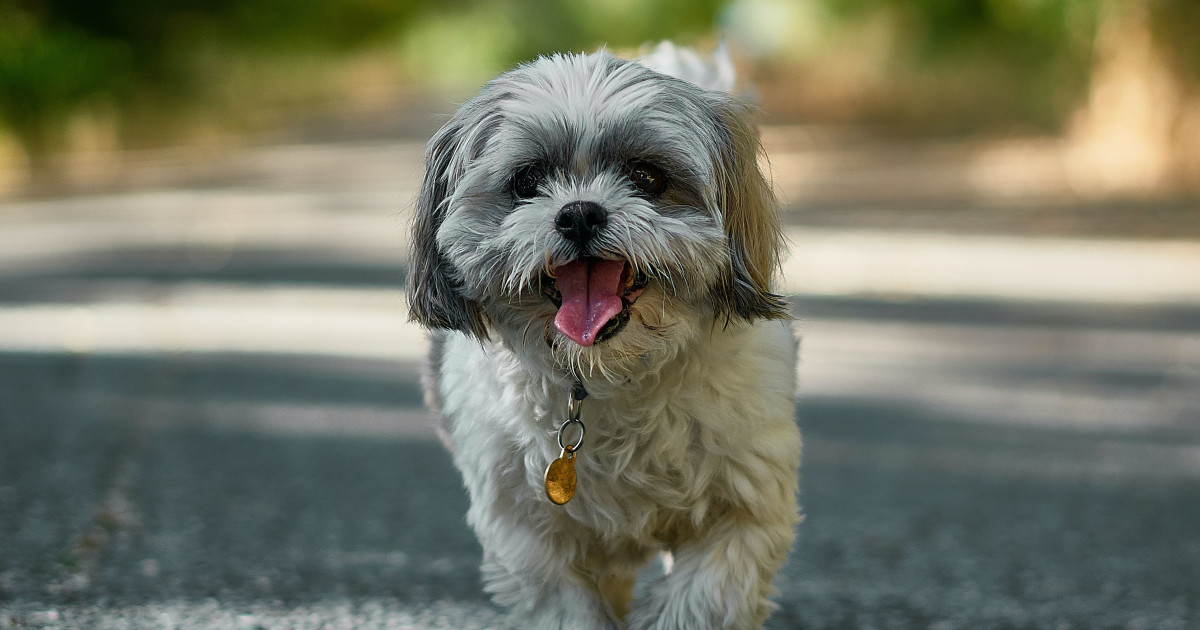
Credit: pethelpful.com
Frequently Asked Questions
What Are Hypoallergenic Dog Breeds?
Hypoallergenic dogs are breeds that produce fewer allergens. They are ideal for people with allergies. These breeds shed less fur and dander, minimizing allergic reactions. Popular hypoallergenic breeds include Poodles, Bichon Frises, and Maltese. Always spend time with a breed before adopting to ensure compatibility with allergies.
Are Small Hypoallergenic Dogs Good For Apartments?
Yes, small hypoallergenic dogs are great for apartments. They adapt well to limited spaces and require less exercise. Breeds like the Shih Tzu and Pomeranian are ideal for small living areas. They also tend to be quieter, making them suitable for close neighbors.
Do Hypoallergenic Dogs Need Special Grooming?
Yes, hypoallergenic dogs often need regular grooming. Their coats can trap allergens if not maintained. Regular brushing and bathing help reduce dander and shedding. Professional grooming might be necessary for breeds like Poodles. Proper grooming ensures a healthy coat and minimizes allergens in your home.
How Do I Choose The Best Hypoallergenic Dog?
Choosing the best hypoallergenic dog depends on your lifestyle. Consider their exercise needs, grooming requirements, and temperament. Spend time with different breeds to see which suits you. Consult breeders or shelters for advice on the best fit for your household.
Always prioritize compatibility with your allergies.
Conclusion
Choosing a small hypoallergenic dog can bring joy and comfort. These dogs suit people with allergies well. Each breed has unique traits to consider carefully. Think about personality, care needs, and your lifestyle. A small hypoallergenic dog fits many homes and hearts.
Enjoy the love and companionship they offer daily. Take time to find the right match for you. A happy dog means a happy owner too.

